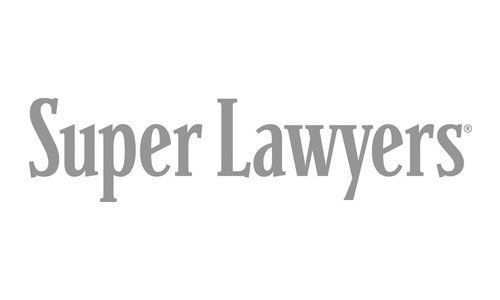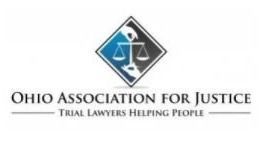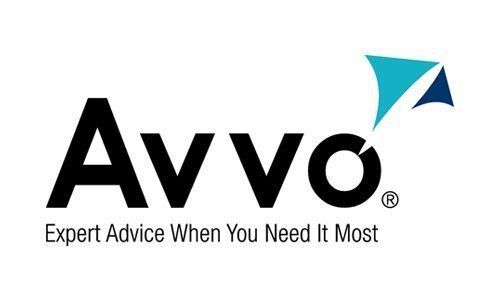FAQS
Thorson Switala Mondock & Snead LLP
How do personal injury attorneys get paid?
Most personal injury attorneys represent clients on a contingency basis. The attorney only collects a fee if the claim is settled or reaches a court judgment in the client's favor. Contingency fee arrangements are required to be in writing. In our experience, the attorney fee is a percentage of the settlement or verdict, usually ranging from 33% to 40%, depending on the type of case and risk involved. Attorneys may also advance the cost of expenses on behalf of the client, such as the cost of acquiring medical records and expert reports. Before you hire a personal injury attorney in Dayton, OH discuss the attorney fee and how case expenses are handled. Contact us for more information.What is the statute of limitations for a personal injury claim in Ohio?
The statute of limitations is the time by which you must settle your claim or file a lawsuit against the negligent party. Ohio Revised Code Section 2305.10(A) provides that the statute of limitations in Ohio for a personal injury claim is two (2) years from the date the cause of action accrues. Claims for minors are (tolled) until their 18th birthday, making the child's 20th birthday the deadline by which the claim must be settled or a lawsuit filed. If you are in need of a personal injury attorney in Dayton, OH contact us today.The insurance company sent me a medical authorization. Should I sign it?
If you have not hired a personal injury lawyer to represent you, the insurance company will want you to sign a medical authorization. It is a common practice by the insurance companies to send blank medical authorizations to acquire medical records from any medical provider who has ever treated you. A blank medical authorization provides the insurance company a free pass to discredit your personal injury claim by pointing to your prior medical history. Our personal injury attorneys will protect you from this invasion of privacy and provide only those records we deem relevant to the personal injury claim. If you need a personal injury attorney in Dayton, OH, contact us today.The insurance company wants me to give a statement. Should I talk to them?
Often, the insurance company will request that you provide a verbal statement that may be recorded. Insurance adjusters are trained to elicit answers that are used to deny or limit your personal injury claim. Our personal injury attorney in Dayton, OH will ensure you are well prepared to give a truthful statement and avoid the insurance traps that many unrepresented people get caught in. Contact Thorson Switala Mondock & Snead LLP for more information before speaking with the insurance company.The car accident wasn't my fault. Should I still report the accident to my auto insurance company?
Your auto insurance policy contains a provision that requires the insured to report potential claims within the time frame specified in the policy. Most auto policies provide benefits even if the accident is not your fault. Medical Payments Coverage pays medical expenses incurred as a result of an accident. Uninsured and Under-insured Motorists Coverage provides additional insurance coverage if the negligent party had no insurance or not enough insurance to fully compensate you. If you need a personal injury attorney in Dayton, OH contact us today to see how your own auto insurance policy can be used to maximize your recovery from a car or truck accident.The hospital sent me a bill after my car accident. Am I responsible for paying it even if I'm not at fault?
Unfortunately, the bill is your debt even though it was incurred by no fault of your own. Ultimately, the liability insurance company should be responsible for all medical expenses incurred as a result of the accident. However, the liability insurance company will not pay as you go. Even if the hospital or doctor invoices the liability insurance company, they will not pay the medical provider before there is a settlement. That is, medical bills are only paid by and through an all-inclusive settlement. If you need a personal injury attorney in Dayton, OH call us today to find out what alternatives are available to have bills paid before your claim is settled and keep your credit in good standing.I still don't feel better. Should I settle with the insurance company before my treatment is complete?
Many insurance adjusters will try to settle your personal injury claim before you have received medical treatment or before your treatment is complete. Once you sign a Release of Claims or verbally agree to a settlement, the insurance company is no longer obligated to compensate you for future medical treatment, lost wages, and pain and suffering. Before you sign a Release or verbally agree to a settlement offer, speak to a personal injury attorney in Dayton, OH to understand your legal rights.I'm afraid to go to court. Do I have to file a lawsuit?
Most cases are settled directly with the insurance company before a lawsuit is ever filed. While most cases can be settled out of court, being represented by an attorney provides leverage against the insurance company trying to strong-arm a settlement for an unfair amount. Our injury attorneys will provide you with guidance to determine if a settlement is fair or whether a lawsuit is necessary. Contact us today if you need a personal injury attorney in Dayton, OH.Do I file a lawsuit against the negligent party or their insurance company?
A lawsuit is filed against the negligent party who caused you harm. The Defendant's insurance company will provide an attorney free of charge and pay any settlement or judgment up to the policy limit chosen by the insured. Personal injury clients are often surprised to learn that Ohio Rules of Evidence prevent the jury from knowing the defendant has insurance in most instances. If you need a personal injury attorney in Dayton, OH contact us today to discuss whether filing a lawsuit is appropriate in your case.Can my health insurance company assert a lien against my personal injury settlement?
Health insurance companies often claim a lien against your personal injury settlement to be reimbursed for medical expenses they paid as a result of the accident. Whether the health insurance company can legally assert a lien or otherwise has a valid claim to reimbursement is determined by the language of the health insurance policy. A personal injury attorney in Dayton, Oh can help determine if you are obligated to reimburse them and can often negotiate the lien down should you be required to pay.







